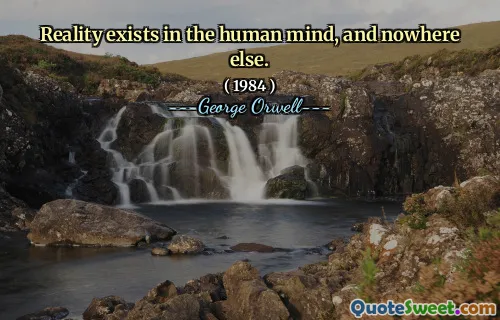
Sixty years is too brief a compass for man's imagination. The incomplete joys of this world can never satisfy his heart.
This quote beautifully encapsulates the boundless nature of human desire and the limitations of our mortal existence. It suggests that even a lifespan of sixty years may be insufficient for the full scope of human imagination to explore all that life has to offer. Human beings possess an innate curiosity and an insatiable longing for meaning, fulfillment, and joy that often transcend the temporal boundaries of our earthly lives. The notion of 'incomplete joys' reminds us that worldly pleasures and achievements can only offer partial satisfaction; they are fleeting and often leave us yearning for more. This perspective encourages introspection about the true sources of fulfillment—perhaps pointing towards spiritual or transcendent pursuits that go beyond mere temporal pleasures. It also invites us to appreciate the richness of life while acknowledging its inherent limitations, motivating us to seek deeper connections, knowledge, and understanding that can offer a more enduring sense of contentment. The quote subtly undermines the idea that material success or superficial accomplishments can fully satisfy the human spirit, urging instead a pursuit of higher ideals. Ultimately, it highlights the paradox of human existence: our boundless imagination and desire for infinite experiences within a finite lifespan, compelling us to look beyond the material realm for genuine fulfillment.











